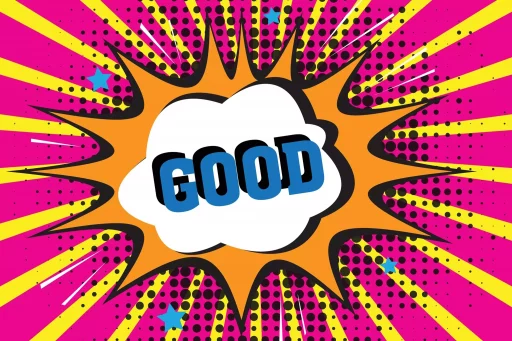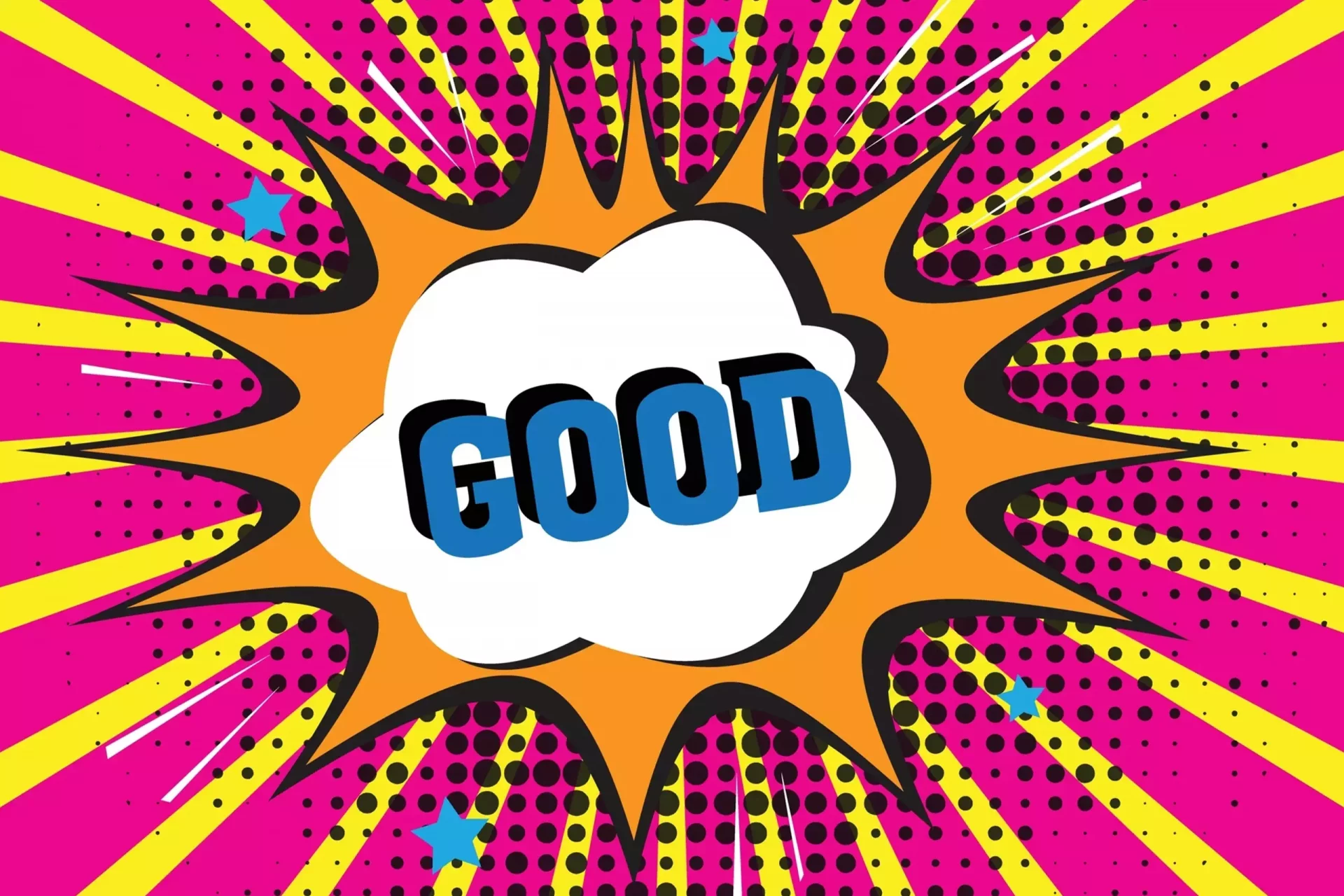The Origin of Army Slang
Army slang, also known as military jargon, is a unique language used by members of the armed forces to communicate quickly and effectively. This specialized terminology has its roots in the need for soldiers to convey information succinctly in high-pressure situations. The use of slang in the military can be traced back to ancient times, where soldiers developed coded language to confuse enemies and maintain secrecy.
Types of Army Slang
There are various types of army slang used by different branches of the military. Some common examples include:
- SITREP: Short for Situation Report, this term is used to quickly update superiors on the current state of affairs.
- BOLO: Be On the Lookout, a warning to be alert for a specific person or threat.
- POG: Personnel Other than Grunts, a term used to refer to non-combat military personnel.
Significance of Army Slang
Army slang serves several important purposes within the military. It helps foster a sense of camaraderie among soldiers, as the use of slang creates a shared linguistic bond. Additionally, military jargon allows for rapid, efficient communication in high-stress situations where clarity and brevity are paramount.
Case Studies
One notable example of army slang in action is the use of the term ‘Charlie Foxtrot’ to refer to a chaotic or disastrous situation. This phrase, derived from the NATO phonetic alphabet (C for Charlie, F for Foxtrot), is used to indicate a breakdown in communication or a mission gone awry.
Statistics on Army Slang
According to a survey conducted among members of the US military, over 90% of respondents reported using army slang on a regular basis. This demonstrates the widespread prevalence and importance of specialized terminology within the armed forces.






